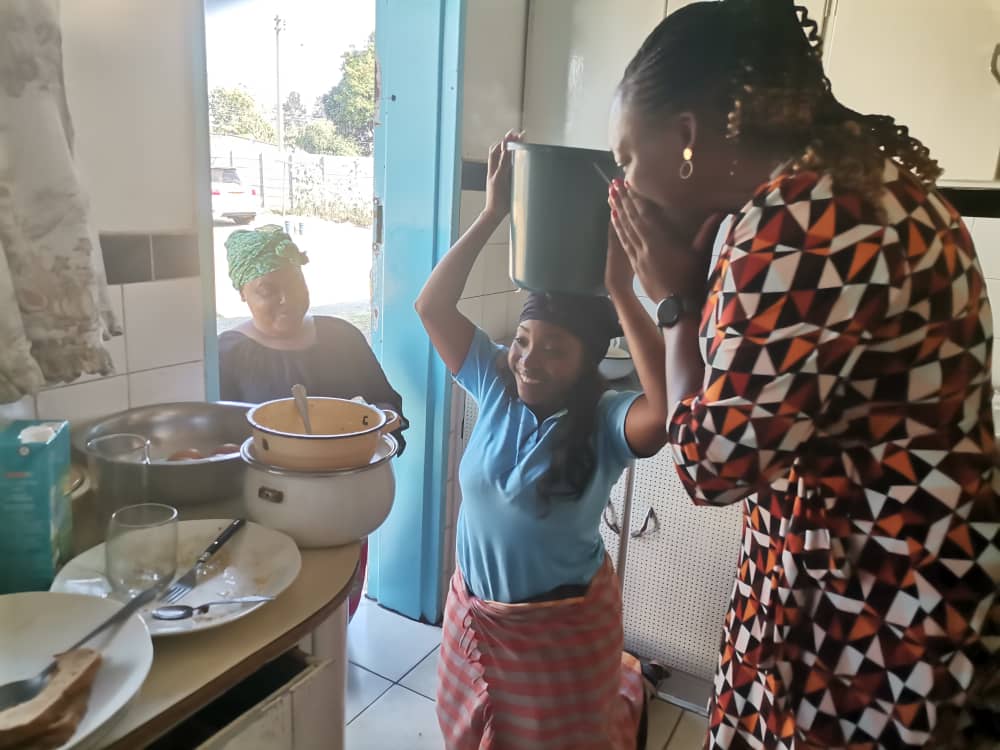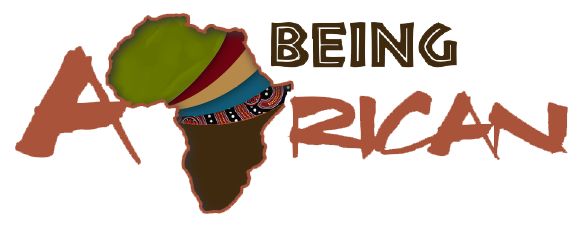
Manners & Protocols in Shona Culture
Manners & Protocols – Tsika / Hunhu
Key things to remember
- Avoid being overly / unduly assertive.
- Avoid being hasty.
- Use the correct greeting.
- Show respect even though you may not feel like it.
General ‘Hunhu’ Rules
- Speak pleasantly.
- Help those in need and in trouble (with particular reference to direct or clan relations).
- Wombera (clap hands) as a sign of respect before talking kune vakuru (to your elders
- Young men and women should squat down or sit down when talking to elders. Not hover ever their heads.
- A person should “wombera” (clapping) when passing through a village
- Say “Pamusoroi” or “Tipindeiwo” (excuse me) when walking past adults
- Make a polite request for help and do not JUST TAKE anything that doesn’t belong to you without asking.
- When receiving something, it is considered to be good manners to use both hands to accept.
- Children may kneel when greeting elders.
- The children may call you ‘Auntie’ and ‘Uncle’ –this is a sign of respect, even when there is no blood relationship.
- Clapping twice is an accepted “thank you.” It is often used when someone is handing you something, such as food, an item, or a gift. If one hand is holding something, you can tap the freehand on your chest. Men should clap in such a way that fingertips and wrists meet. Women should ‘golf clap’ with their hands crossing. There are clear gender divisions in this society.
- It is polite to hold up the right forearm with the left hand (or vice versa) when shaking hands or handing anything important to someone. This action signifies the “weight or importance” of the gift or honouring the person receiving the gift. In practice, just touching the forearm or even gesturing towards it is equally acceptable.
- When receiving something, it is strictly done with the right hand. It may be considered to be insulting if the left hand is used regardless of ability. The same rule applies when handing something.
- Nothing should ever be given with the left hand unless there is an injury or disability.
- It is always polite to inquire about members of society, vana (the children), rain conditions, and the crops (since most families in the village are self-sustainable). When meeting someone, it’s normal to converse about their day and life in general before proceeding with whatever question you may have.
- Children must always try and accept the food they are served, even if it is not their favourite food.
- If you are not offered food, do not take it by yourself without waiting to be invited to do so
Greetings
Greetings are essential in Shona; you cannot see someone for the first time that day and not greet them. A greeting should precede the first conversation with that person.
MuShona will start the day with a correct/proper greeting. The younger person initiates the greeting
These are some of the standard greetings in Shona:
- Tisvikewo – May we enter a home, room, or village?
- Tisvikewo – How do you say this in English?
- Gogogoyi – A verbal equivalent of a knock
| GREETING | REPLY |
| Marara seyi? (How did you sleep) | Tarara mararawo |
| Mamuka seyi? (How did you wake up) | Tamuka mamukawo |
| Masikati(Good afternoon) | Masikati |
| Maswera seyi?(How was your day been) | Taswera maswerawo |
| Manheru (Good evening) | Manheru |
| Makadiiko(How are you) | Takasimba Makasimbawo |
There is a communal duty to respect the headman and the elders in the village. Most persons within a village are related, if not by bloodline, then with the equally strong clan relationships. Headman and elders pay tribute to head Chief. “Vatorwa” means you are not related by blood.
